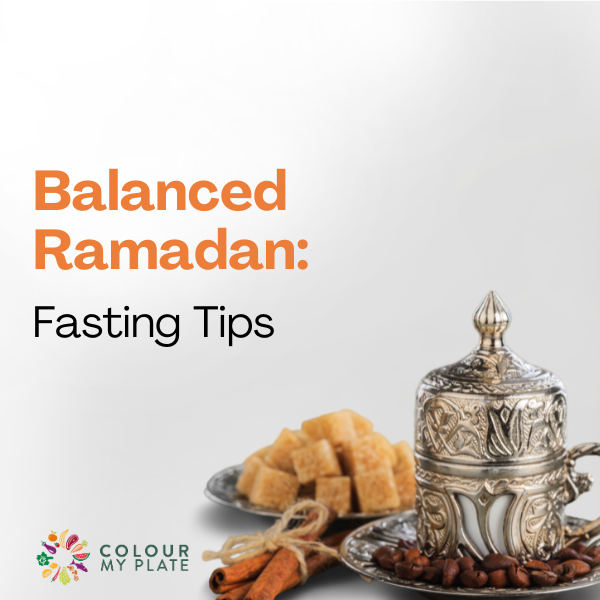Ramadan is a sacred month characterized by fasting from dawn till dusk. Beyond its religious significance, Ramadan presents an opportunity for spiritual reflection and self-discipline. However, fasting for extended periods can pose challenges to maintaining optimal nutrition. In this blog post, we’ll explore the importance of balanced nutrition during Ramadan and offer tips for healthy fasting to ensure both physical and spiritual well-being.
The Significance of Balanced Nutrition
Balanced nutrition plays a crucial role during Ramadan. While fasting, the body relies on stored energy reserves, including glucose and fat, for fuel. Therefore, it’s essential to consume nutrient-dense foods during non-fasting hours to replenish energy stores, support bodily functions, and prevent nutritional deficiencies.
Key Nutrients to Focus On in Ramadan
During Ramadan, prioritize foods rich in essential nutrients to sustain energy levels and promote overall health. Incorporate the following nutrients into your meals:
- Protein: Include lean protein sources such as poultry, fish, legumes, and dairy products to support muscle maintenance and repair.
- Complex Carbohydrates: opt for whole grains like brown rice, quinoa, oats, and whole wheat bread to provide sustained energy release and promote satiety.
- Healthy Fats: Incorporate sources of healthy fats such as avocados, nuts, seeds, and olive oil to support heart health and enhance nutrient absorption.
- Fiber: Include plenty of fruits, vegetables, and legumes to boost fiber intake, aid digestion, and promote feelings of fullness.
- Hydration: Drink ample water and hydrating fluids such as herbal teas, coconut water, and fresh fruit juices to prevent dehydration, especially during non-fasting hours.
Tips for Healthy Fasting
- Suhoor: Start your day with a wholesome suhoor meal comprising complex carbohydrates, protein, and healthy fats to sustain energy levels throughout the day. Include foods like whole grain cereals, eggs, yogurt, and nuts.
- Iftar: Break your fast with hydrating fluids and dates to replenish glucose levels quickly. Follow with a balanced meal consisting of lean protein, complex carbohydrates, and vegetables to nourish the body effectively.
- Portion Control: Practice portion control and mindful eating to avoid overeating during iftar and suhoor. Focus on quality rather than quantity and listen to your body’s hunger and fullness cues.
- Nutrient-Rich Snacks: Incorporate nutrient-rich snacks such as fresh fruits, nuts, yogurt, and smoothies between iftar and suhoor to maintain energy levels and prevent cravings.
- Stay Active: Engage in light physical activity such as walking, stretching, or gentle yoga during non-fasting hours to promote circulation, maintain muscle tone, and boost mood.
Balanced nutrition is essential for sustaining health and well-being during Ramadan. By prioritizing nutrient-rich foods, practicing portion control, and staying hydrated, you can support your body’s needs while observing fasting. Remember that Ramadan is not only a time for spiritual reflection but also an opportunity to nourish both the soul and body.
At Colour My Plate, we understand the importance of maintaining a balanced diet during Ramadan. That’s why we offer a well-balanced Ramadan meal plan designed to help you meet your nutritional goals while observing fasting. Wishing you a blessed and healthy Ramadan!

![]() 9 Mar 2024
9 Mar 2024
